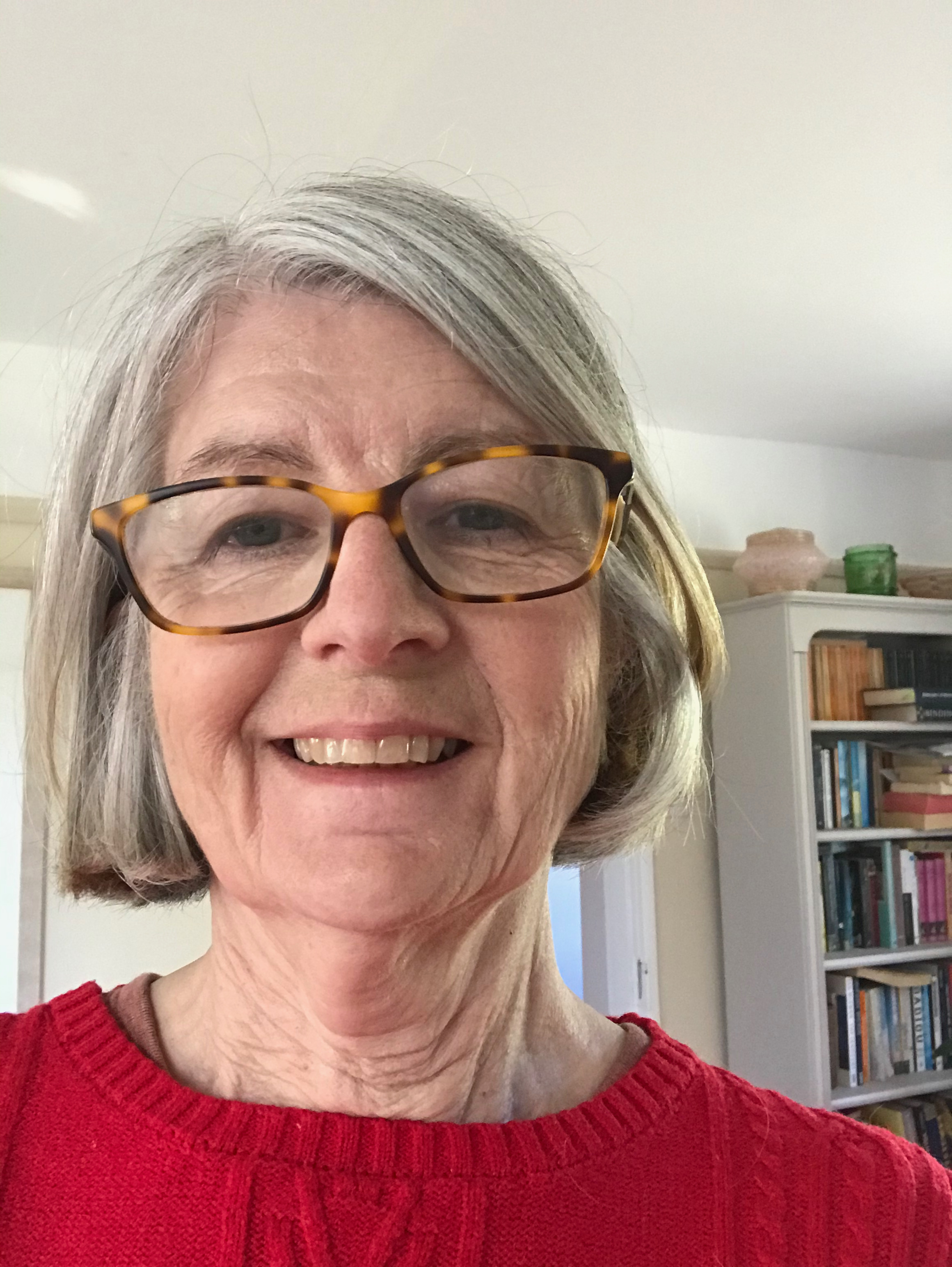
In primary schools in the 1960s, no one ever mentioned dyslexia, dyscalculia, dyspraxia, or any of the rest. “Must not make careless mistakes,” was the epitaph to every one of my reports from secondary school.
Diane Myers
I was the girl with the red sticker – a red sticker for “The Little Red Hen” – the simplest level of reading – the baby book. Most of the other children in the class had purple stickers, the colour of royalty. They might as well have been reading Dickens or Shakespeare, the gap between them and me was so wide.
I was the good girl – the Little Red Hen, consigned to her small nest, who kept quiet and never ruffled her own or anyone else’s feathers. In the book, the Little Red Hen plucks up the courage to ask for help from the other farm animals, but they never give it. In the end the hen won’t share the fruits of her labours with the others. She keeps them for herself. It was a story I didn’t like, and that was strange, because I loved stories.
I was fascinated by the nuances of language, but the words would not come. I couldn’t read them. I couldn’t write them either. My pen wobbled. I lacked the fine motor skills to form the letters. Words stubbornly plied their own way round the page, transposed their letters, tossed away their endings. Even my middle name evaded me – Margaret. I always left out the “a.” I thought the name of the TV detective Maigret was spelled the same as mine. Perhaps he’d help me solve the mystery of words.
In primary schools in the 1960s, no one ever mentioned dyslexia, dyscalculia, dyspraxia, or any of the rest. “Must not make careless mistakes,” was the epitaph to every one of my reports from secondary school. Somehow, out of this chaos, a semblance of reading and writing emerged, but letters still transposed themselves, lines crossed, words fell away.
In exams my mother helped me revise with verbal question and answer sessions. My handwritten revision notes were regurgitated through the colours of the highlighters I’d used for each topic. Napoleon was yellow, the corn laws were blue. The colours were inseparable from the words. I still remember the positions of the colours on the page. The words wouldn’t appear without the colours … and I still couldn’t spell them.
But I loved stories, so what else would I do but a degree in English Literature? I discovered that all stories were linked by universal themes and patterns and they were something I could see. They were woven into the Wessex countryside, a stone’s throw from the window of my student flat, they buried themselves beneath the Wasteland, they chattered in Chaucer’s Parliament of Fowls. My tutors were kind and encouraging. The Little Red Hen was left behind.
It was only after I graduated and had to produce promotional leaflets for an art gallery that I once again found my writing littered with SPs - Spelling Mistakes, marked in the red of the Little Red Hen. She’d reared her feathered head again. I didn’t stay long in that job.
And I still loved stories, so what else would I do but become a journalist? A junior sub editor on a local newspaper has to do battle with words every day. I diligently scoured handwritten Women’s Institute reports for signs of literary merit. All their film shows were “very interesting” and all teas “much enjoyed.” They also organised bizarre competitions; one was for the best-polished man’s shoe. I deciphered scrawled wedding reports and turned them into equally prosaic copy. I looked up in the dictionary every word I could not spell. There were thousands.
Somehow the constant juxtaposition of dictionary page and typed copy did its work. Through becoming a sub-editor, I’d got the better of words. I could even correct other people’s spelling.
Then I got a job in radio… but that’s another story….